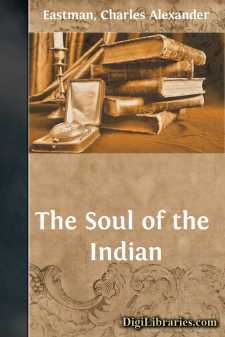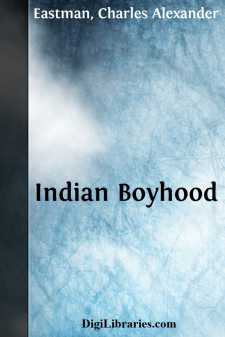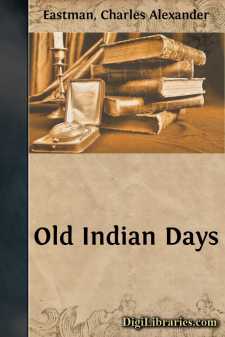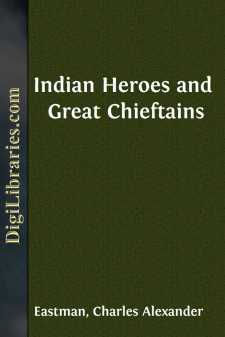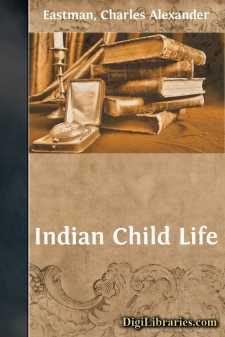Categories
- Antiques & Collectibles 13
- Architecture 36
- Art 48
- Bibles 22
- Biography & Autobiography 813
- Body, Mind & Spirit 142
- Business & Economics 28
- Children's Books 15
- Children's Fiction 12
- Computers 4
- Cooking 94
- Crafts & Hobbies 4
- Drama 346
- Education 46
- Family & Relationships 57
- Fiction 11829
- Games 19
- Gardening 17
- Health & Fitness 34
- History 1377
- House & Home 1
- Humor 147
- Juvenile Fiction 1873
- Juvenile Nonfiction 202
- Language Arts & Disciplines 88
- Law 16
- Literary Collections 686
- Literary Criticism 179
- Mathematics 13
- Medical 41
- Music 40
- Nature 179
- Non-Classifiable 1768
- Performing Arts 7
- Periodicals 1453
- Philosophy 64
- Photography 2
- Poetry 896
- Political Science 203
- Psychology 42
- Reference 154
- Religion 513
- Science 126
- Self-Help 84
- Social Science 81
- Sports & Recreation 34
- Study Aids 3
- Technology & Engineering 59
- Transportation 23
- Travel 463
- True Crime 29
The Soul of the Indian
Description:
Excerpt
FOREWORD
"We also have a religion which was given to our forefathers, and has been handed down to us their children. It teaches us to be thankful, to be united, and to love one another! We never quarrel about religion."
Thus spoke the great Seneca orator, Red Jacket, in his superb reply to Missionary Cram more than a century ago, and I have often heard the same thought expressed by my countrymen.
I have attempted to paint the religious life of the typical American Indian as it was before he knew the white man. I have long wished to do this, because I cannot find that it has ever been seriously, adequately, and sincerely done. The religion of the Indian is the last thing about him that the man of another race will ever understand.
First, the Indian does not speak of these deep matters so long as he believes in them, and when he has ceased to believe he speaks inaccurately and slightingly.
Second, even if he can be induced to speak, the racial and religious prejudice of the other stands in the way of his sympathetic comprehension.
Third, practically all existing studies on this subject have been made during the transition period, when the original beliefs and philosophy of the native American were already undergoing rapid disintegration.
There are to be found here and there superficial accounts of strange customs and ceremonies, of which the symbolism or inner meaning was largely hidden from the observer; and there has been a great deal of material collected in recent years which is without value because it is modern and hybrid, inextricably mixed with Biblical legend and Caucasian philosophy. Some of it has even been invented for commercial purposes. Give a reservation Indian a present, and he will possibly provide you with sacred songs, a mythology, and folk-lore to order!
My little book does not pretend to be a scientific treatise. It is as true as I can make it to my childhood teaching and ancestral ideals, but from the human, not the ethnological standpoint. I have not cared to pile up more dry bones, but to clothe them with flesh and blood. So much as has been written by strangers of our ancient faith and worship treats it chiefly as matter of curiosity. I should like to emphasize its universal quality, its personal appeal!
The first missionaries, good men imbued with the narrowness of their age, branded us as pagans and devil-worshipers, and demanded of us that we abjure our false gods before bowing the knee at their sacred altar. They even told us that we were eternally lost, unless we adopted a tangible symbol and professed a particular form of their hydra-headed faith.
We of the twentieth century know better! We know that all religious aspiration, all sincere worship, can have but one source and one goal. We know that the God of the lettered and the unlettered, of the Greek and the barbarian, is after all the same God; and, like Peter, we perceive that He is no respecter of persons, but that in every nation he that feareth Him and worketh righteousness is acceptable to Him....


